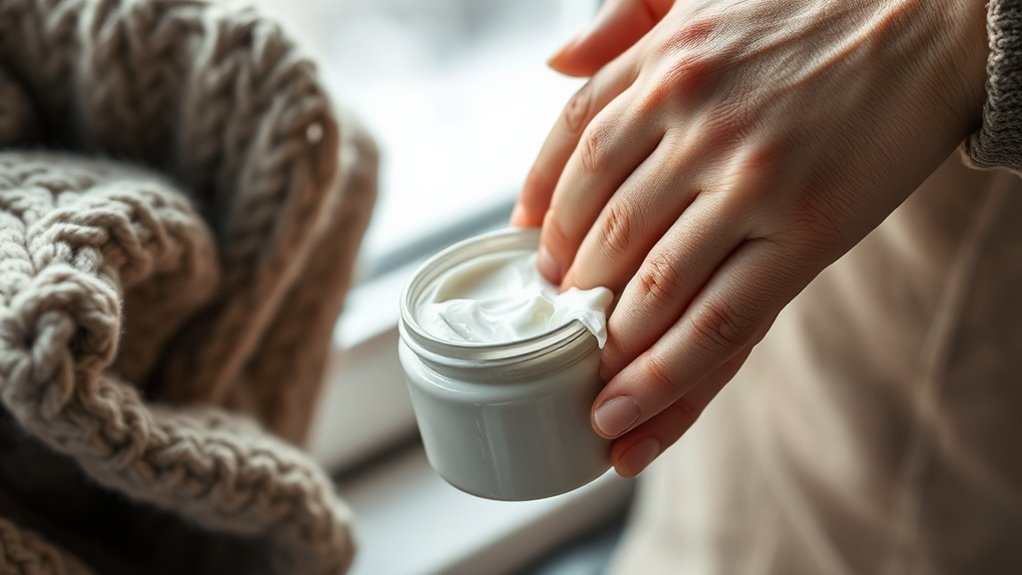Earache Remedies You’ll Be Glad You Tried
When your ear feels like it’s caught in a pressure cooker, you’re not alone in seeking swift relief. That throbbing sensation stems from inflammation in your middle ear cavity, external auditory canal, or surrounding structures like the temporomandibular joint. You’ll find both time-tested home remedies and modern medical solutions can effectively target the source of your discomfort, but knowing which approach to take depends on correctly identifying the underlying cause.
Understanding Common Causes of Earache Pain
While earache pain can stem from various conditions, the most frequent causes involve inflammation or infection of the middle ear (otitis media), external ear canal (otitis externa), or surrounding structures.
If you’re seeking earache remedies for adults, you’ll need to understand that pain often results from fluid accumulation behind the tympanic membrane, causing pressure and discomfort.
Other common triggers include sinus infections, temporomandibular joint disorders, or referred pain from dental problems.
Eustachian tube dysfunction can also create negative pressure within your middle ear, leading to significant discomfort and potential complications if left untreated. Natural earache remedies can provide symptomatic relief and may help alleviate pain effectively.
Natural Home Remedies for Quick Relief
For immediate relief from earache symptoms, several evidence-based natural remedies can effectively reduce pain and inflammation. These time-tested solutions target both bacterial and viral causes while providing analgesic benefits.
-
Apply a warm compress (104°F/40°C) to the external auditory canal for 10-15 minutes to increase circulation and reduce inflammation.
-
Use garlic oil drops (2-3 drops) for their natural antimicrobial properties.
-
Try apple cider vinegar soaks (1:1 dilution with warm water) on a cotton ball.
-
Perform gentle massage of the temporomandibular joint and ear tragus to promote lymphatic drainage. Additionally, consider using warm olive oil as a soothing treatment, as it can provide quick pain relief and improve circulation.
Over-the-Counter Treatment Options
When treating mild to moderate ear pain, several over-the-counter medications can provide effective symptom relief. You’ll find oral analgesics like acetaminophen and ibuprofen effective at reducing both pain and inflammation of the tympanic membrane and middle ear space.
For external ear discomfort, topical anesthetic drops containing benzocaine can temporarily numb the area.
If there’s accompanying congestion, decongestant nasal sprays containing oxymetazoline or phenylephrine help reduce eustachian tube blockage.
Consider combination antihistamine-decongestants if allergies contribute to your ear pain.
Remember to follow package dosing instructions and avoid using ear drops if you suspect a perforated eardrum.
Warning Signs and When to See a Doctor
Although many earaches resolve on their own, certain symptoms warrant immediate medical attention. Your otolaryngologist or primary care physician should evaluate you if you experience any of these concerning signs:
-
Severe pain lasting more than 48 hours, especially if accompanied by tympanic membrane bulging.
-
Drainage of purulent fluid or blood from the external auditory canal.
-
Fever above 102.2°F (39°C) with associated vestibular symptoms like vertigo.
-
Facial nerve paralysis, including temporal muscle weakness or inability to close the ipsilateral eye.
These symptoms may indicate acute otitis media complications or mastoiditis requiring immediate intervention. Additionally, persistent symptoms can lead to serious complications and should prompt a visit to your healthcare provider.
Prevention Tips to Avoid Future Earaches
Taking preventive measures against earaches can help you avoid those concerning symptoms that require medical intervention.
Keep your ears dry by thoroughly drying your external auditory canal after swimming or bathing. Don’t insert cotton swabs into your ear canal, as they can damage the tympanic membrane and push cerumen deeper.
Maintain ideal upper respiratory health by practicing good hand hygiene and avoiding known allergens. If you’re prone to otitis media, consider wearing earplugs during water activities. Additionally, ensuring proper upper respiratory health can significantly lower the risk of infections that lead to earaches.
Get your seasonal flu shot to reduce the risk of respiratory infections that can lead to ear problems.




